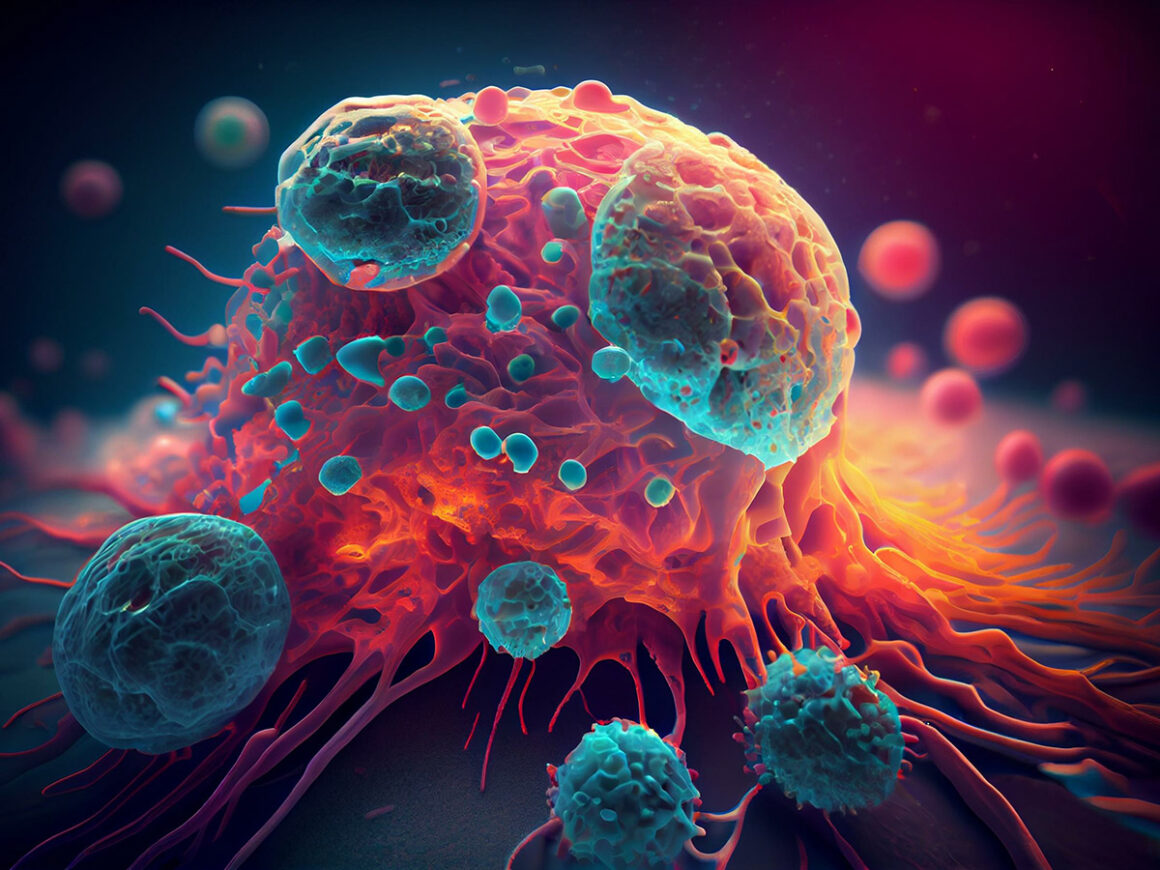New Delhi, 23 November 2024: The COVID-19 pandemic has reshaped global healthcare, introducing numerous challenges but also inspiring groundbreaking scientific discoveries. Among these discoveries is an unexpected link between COVID-19 and cancer regression, a finding that has sparked both intrigue and cautious optimism in the medical community. Researchers from Northwestern Medicine Canning Thoracic Institute in Illinois have observed that SARS-CoV-2, the virus responsible for COVID-19, may play a role in shrinking tumors in certain cases. This surprising development opens new doors in the fight against cancer, particularly for tumors resistant to existing therapies.
Decoding the Role of SARS-CoV-2 RNA
At Northwestern Medicine Canning Thoracic Institute, researchers focused on the RNA from the SARS-CoV-2 virus. They discovered that these RNA molecules are key in activating a specific kind of immune cell called inducible nonclassical monocytes (I-NCMs). These immune cells possess promising anti-cancer traits, suggesting that the body’s response to COVID-19 could inadvertently aid in fighting cancer. This unexpected revelation offers fresh insights into how viral infections might impact cancer treatment.
Understanding Inducible Nonclassical Monocytes
Inducible nonclassical monocytes (I-NCMs) are a specialized group of immune cells that play a crucial role in combating cancer. They are skilled at recognizing and attacking cancer cells, making them important allies in the battle against various tumors. Research shows that when the immune system is activated by the SARS-CoV-2 virus, it triggers an increase in the production of I-NCMs, resulting in a stronger attack against cancer cells. This insight could lead to new therapeutic approaches that make use of these powerful immune cells.
Implications for Cancer Treatment
The discoveries from this study could greatly influence cancer treatment, especially for tumors that resist existing therapies. By learning how I-NCMs get activated, scientists might develop new treatment options that tap into this mechanism. This could result in more effective treatments for patients who have few alternatives due to treatment-resistant cancers. The idea of employing a viral infection to spur cancer regression is both fascinating and transformative.
The research employed a blend of animal studies and analysis of human tissue samples to yield a well-rounded perspective on how COVID-19 relates to cancer regression. Researchers carefully evaluated how the immune response to the virus impacts the behavior of I-NCMs and their engagement with cancer cells. This thorough methodology validates their findings and sets the stage for further research in cancer immunotherapy.
As scientists delve deeper into how viral infections relate to cancer, this research could pave the way for broader applications beyond just COVID-19. Gaining insight into the immune responses triggered by various viruses could reveal new treatment strategies for cancer. Future studies will likely investigate how different viral infections could be harnessed to bolster the immune fight against cancer, potentially leading to innovative immunotherapies.
The COVID-19 pandemic has brought immense challenges, but it has also led to unexpected scientific advancements. The discovery of I-NCMs and their potential role in cancer regression is a testament to the resilience and ingenuity of researchers worldwide.
While much work remains to be done, this finding offers hope for patients battling cancer, particularly those with limited treatment options. By continuing to explore the complex relationship between viruses and the immune system, we may unlock new pathways to healing, turning a global crisis into a catalyst for medical innovation.

